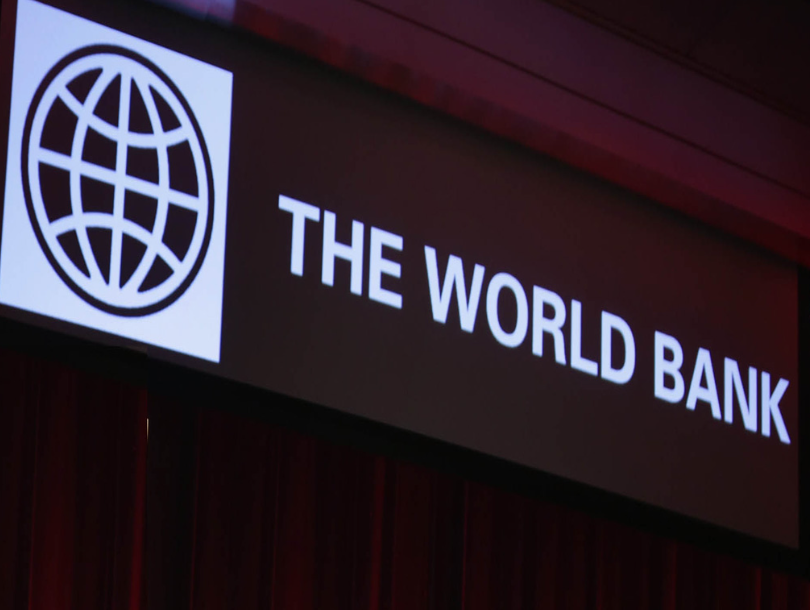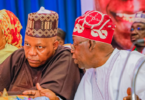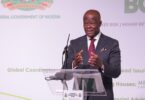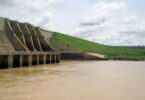The Socio-Economic Rights and Accountability Project (SERAP) has urged the World Bank to suspend loans to Nigeria’s 36 states until previous ones are accounted for.
This is due to recurring allegations of mismanagement of public funds by state governors, including loans which may have been obtained from the World Bank,
This is contained in a letter addressed to the President of World Bank, Mr Ajay Banga, and signed by SERAP deputy director Kolawole Oluwadare, on Saturday, Nov. 25, 2023.
SERAP pointed out that the World Bank and its partners cannot continue to give loans and other funding to these states where credible allegations of mismanagement or diversion of public funds abound.
The organisation said that the World Bank’s continuous lending and support to the Nigerian states may create the impression of complicity in the allegations of mismanagement or diversion of public funds by the states.
SERAP also pointed out that the total debt public profile of Nigeria’s 36 States and the Federal Capital Territory amounted to N9.17 trillion, according to the Debt Management Office.
In the letter, SERAP recommended several measures the World Bank could apply to address the alleged mismanagement of public funds, including loans obtained from the Bank by state governments in Nigeria.
The organization advised the World Bank to demand that the state governors who have obtained loans and other funding from the Bank account for how the loans were spent.
Furthermore, SERAP urged the World Bank to deploy independent monitors to the 36 States to monitor how the loans and other facilities obtained from the Bank are being spent.
SERAP said the World Bank needed to make state governors in Nigeria understand that it would not tolerate any mismanagement or diversion of public funds.
In addition, the organisation noted that the World Bank had legal obligations to observe and promote compliance with the Nigerian Constitution 1999 [as amended] and domestic laws including the Fiscal Responsibility Act of 2007.
Here’s SERAP’s recommendation to the World Bank, as contained in the letter:







